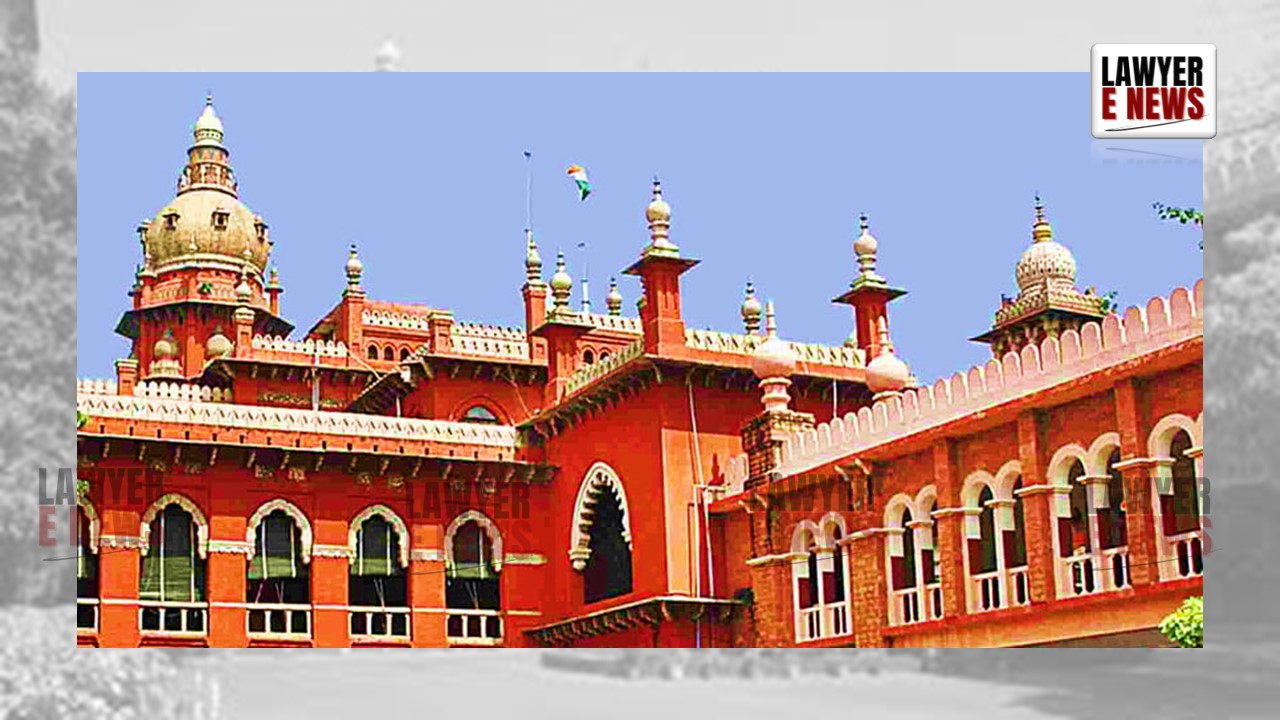-
by Admin
15 February 2026 5:35 AM



Madras High Court, in LEGO Juris A/S vs. Gurumukh Singh & Others, addressed LEGO Juris A/S's plea to cancel the trademarks "LEGO CUTEHEART" and "LEGO COFFYBOND" used by LEO FOODS in Class 30 for confectionery products. Justice P.B. Balaji held that LEO FOODS’ use of the LEGO name constituted infringement, directing the cancellation of these marks due to their likelihood of causing consumer confusion.
The case involved LEGO Juris A/S, a global leader in toy manufacturing, challenging the registered trademarks "LEGO CUTEHEART" and "LEGO COFFYBOND" in Class 30, which pertains to confectionery products. LEGO asserted that these marks infringed upon its internationally recognized LEGO mark, initially used in toys, by misleadingly associating with its well-known brand, despite the different product class.
LEGO argued that its trademark, recognized as well-known in multiple jurisdictions, enjoys protection against similar marks even outside the original class, as permitted under Section 11 of the Trade Marks Act, 1999. Conversely, LEO FOODS contended that LEGO’s reputation in toys should not impact its registration in a separate product class.
The Court evaluated whether LEGO’s well-known status warranted cross-class protection. Despite LEGO’s status as a well-known mark not being officially recognized in India at the time of petition filing, the Court observed that LEGO had obtained this status internationally, which bolstered its claim.
The Court explained that the protection under Section 11(2) of the Trade Marks Act extended to well-known marks across various product classes. Justice Balaji highlighted:
"The petitioner is entitled to protection...even if the goods are not similar, as in the present case, provided that the unauthorized use would take unfair advantage or harm the reputation of the well-known mark".
The Court also focused on the potential for consumer confusion. Both brands targeted a similar audience, particularly children, which heightened the risk of mistaken association. The visual and linguistic similarity of the marks reinforced this likelihood, as both LEGO and LEO FOODS used similar packaging elements.
In support of LEGO’s arguments, the Court referenced prior decisions, including Daimler Benz v. Hydo Hindustan, which reinforced that using a well-known mark deceptively, even in unrelated sectors, is likely to mislead consumers. Justice Balaji noted, "The respondent's choice of mark clearly suggests a dishonest intention to capitalize on the petitioner’s reputation".
LEO FOODS claimed it had independently coined the name LEGO, derived from Hindi expressions. The Court found this explanation unconvincing, noting that LEO FOODS focused its trademark search only on confectionery-related uses, disregarding existing registrations for LEGO in other classes. This selective approach indicated possible intent to misappropriate the LEGO brand reputation, undermining LEO FOODS' defense.
The Court directed the Deputy Registrar of Trade Marks to remove the marks "LEGO CUTEHEART" and "LEGO COFFYBOND" under Class 30, noting that such use infringed upon LEGO's distinctive mark and that cross-class protection was justified given LEGO’s established reputation.
Date of Decision: September 13, 2024
